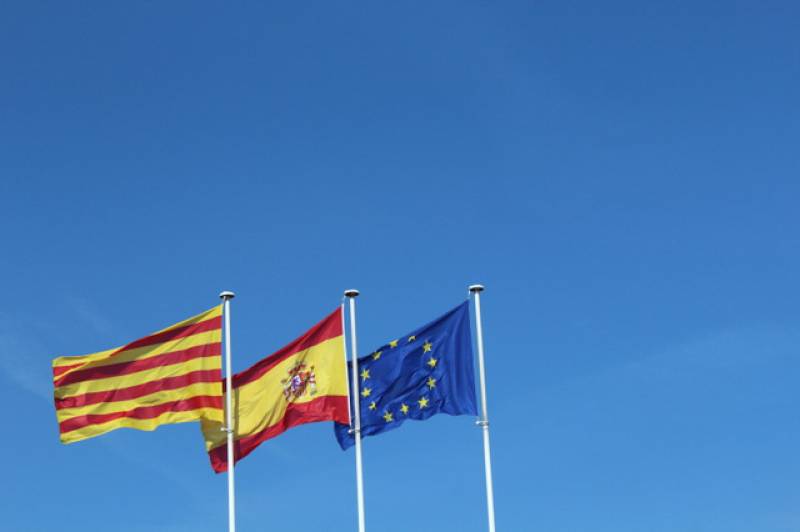article_detail
Date Published: 14/09/2023
Spain wants to make Catalan, Gallego and Euskera official EU languages
Sweden has raised doubts over the move, which would mean translating all EU documents into these languages and is possibly a power play by Pedro Sánchez

The Spanish government’s intention to convert the Catalan, Galician and Basque languages into official languages of the EU Congress has already run up against its first obstacle after Sweden expressed its “doubts” about the move in a statement.
According to the Minister of European Affairs, Jessika Roswall, the Swedish Government is “undecided” and Stockholm wants to examine “further” any possible “legal and financial consequences of the proposal”, which requires unanimity in the Council. This comes after the acting Government insisted that the idea has been welcomed among the EU27.
“There are many minority languages that are not official within the EU,” said Swedish Prime Minister Ulf Kristersson.
From Spain’s point of view, the move may really just be a political gamble by President Pedro Sánchez to be able to hold onto power by appeasing his minority partners in smaller, regional and ‘independista’ parties in Catalonia and the Basque Country.
The idea for including more local regional languages as official languages of the EU has its most recent precedent in Gaelic, which took that first step in the European Parliament and later became the official language of the EU in 2007.
However, not all official EU documents are translated into Gaelic for the benefit of Irish members of the EU congress, but only those limited to certain topics.
On the other hand, making ‘català’, ‘galego’ and ‘Euskera’, as Catalan, Galician and Basque are known in their own langauges, would imply having to translate the treaties and all the documentation and legislation that is produced from now on.
The vast majority of the 24 official languages in the European Union are official through the entry of their Member State into the bloc, as is logical, including Spanish. The regulation of co-official languages was approved in 1958, with the European Economic Community, and is the basis that has been tweaked as the Union has expanded. At the moment, Spain also says it has not made calculations of the cost that this official status could entail, nor of the investment in human capital in the form of translators.
In any case, there are already precedents in the use of the co-official languages of Spain. Since a resolution was passed in December 1990, the European Parliament, through its office in Barcelona, uses Catalan as a language of communication with citizens. The office uses Catalan in its information campaigns, publications, press releases, website and social networks.
Image: Archive
Loading
Sign up for the Spanish News Today Editors Roundup Weekly Bulletin and get an email with all the week’s news straight to your inbox
Special offer: Subscribe now for 25% off (36.95 euros for 48 Bulletins)
OR
you can sign up to our FREE weekly roundup!
Read some of our recent bulletins:
Discount Special Offer subscription:
36.95€ for 48 Editor’s Weekly News Roundup bulletins!
Please CLICK THE BUTTON to subscribe.
(List price 3 months 12 Bulletins)
Read more stories from around Spain:
Contact Spanish News Today: Editorial 966 260 896 /
Office 968 018 268




























